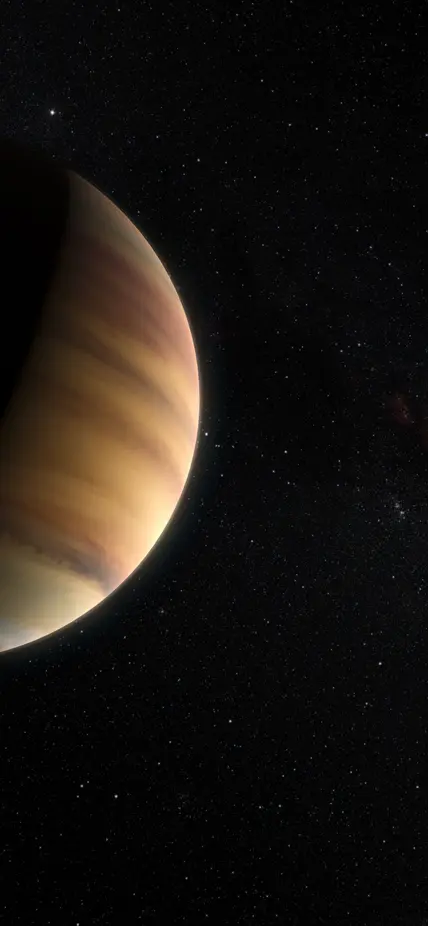Washington, DC— Carnegie Science is proud to join a prestigious group of institutions eligible to host Heising-Simons 51 Pegasi b Fellows. Program participants can choose to work at Carnegie Science’s Earth and Planets Laboratory, the Carnegie Science Observatories, or both.
Established in 2017, this fellowship provides exceptional early career scientists with the opportunity to conduct theoretical, observational, and experimental research in planetary astronomy, a growing field that connects the study of objects within our Solar System to exoplanet research.
The program was named after the first planet discovered orbiting a Sun-like star—a research breakthrough in which Carnegie Science’s own Paul Butler played a critical role.
“From improving our understanding of planetary system formation and evolution, to advancing new technologies for detecting other worlds, 51 Pegasi b Fellows make a unique contribution to the field,” the Heising-Simons Foundation says on its website.
At the Earth and Planets Laboratory, fellows can collaborate with geophysicists, cosmochemists, astronomers, high-pressure mineral physicists, petrologists, and astrobiologists to investigate how planets form and evolve and the processes that determine their surface environments.
At the Observatories, fellows can work closely with observational astronomers, theoretical astrophysicists, and on-site engineers to pioneer the instruments and observing strategies that will advance the next wave of breakthroughs in exoplanet detection and characterization.
51 Pegasi b program participants who select Carnegie Science will also enjoy unparalleled access to the telescopes at our Las Campanas Observatory in Chile.
“We are thrilled that the Heising-Simons Foundation recognized Carnegie Science as a part of its esteemed 51 Pegasi b fellowship program and are eager to invite fellows to bring their boldest and most-creative planetary astronomy ideas to our campuses,” said Deputy for Research Advancement Anat Shahar.
As part of its commitment to diversity, equity, and inclusion, the Heising-Simons Foundation particularly welcomes applications for 51 Pegasi b fellows from individuals who belong to groups that have been historically underrepresented in planetary sciences and astronomy.
Carnegie Science’s investment in diversity, equity, inclusion, and accessibility programs include internal funding for DEI efforts, and a robust training and mentoring program for postdocs.
